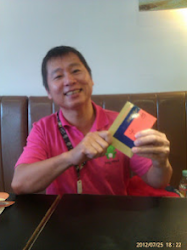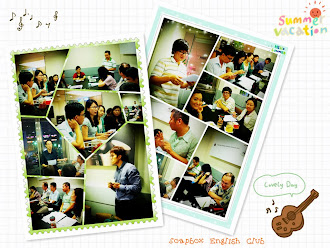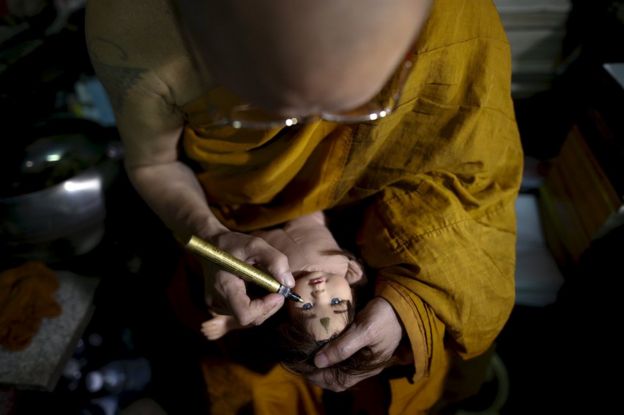埔捷運站1號出口 旁邊7-11巷子進入20公尺 看到夏朵美髮左轉 PM 7:00-9:30
不丹 不再快樂
Modern technology is slowly killing the mood in the 'happiest country in the world'
Mark Abadi businessinsider
Bhutan measures success not by gross domestic product, but by "Gross National Happiness."
Although Bhutan is sometimes thought of as the happiest nation in the world, modern problems are hurting its reputation.
Technology and outside influences are slowly changing the traditional way of life in Bhutan.
For years, the small Asian nation of Bhutan has defined success not through its economy, but through happiness.
The Buddhist nation pioneered the idea of "Gross National Happiness" to measure the country's well-being, and supposedly, its prime minister once touted Bhutan as the "happiest nation in the world."
But Bhutanese people are discovering that perception doesn't always equal reality. Despite the government's efforts, Bhutan ranked just 97th out of 156 countries in the most recent edition of the United Nations' World Happiness Report list.
Part of the reason may have to do with technology. Although Bhutan resisted it for decades, modern advances like cell phones, TV, and computers are slowly starting to take hold there, bringing with them unfamiliar problems and causing old ways of life to disappear.
In recent years, TV has been blamed for everything from Bhutan's rising crime rate to its shifting demographics as rural residents head for bigger towns in search of work.
"Advertisements create desires, which cannot be satisfied by people's current economic position," Phuntsho Rapten of the Centre for Bhutan Studies wrote. "Crimes and corruption are often born out of economic desires."
Climate change, another modern issue, is taking its toll on Bhutan as well. Melting glaciers are threatening the industrial plants that provide the nation's energy, hampering progress in a country the United Nations considers among the world's "least developed."
"We have an increasing income gap, we have increasing youth unemployment, environmental degradation," Needrup Zangpo, executive director of the Journalists' Association of Bhutan, told NPR.
"We have a lot of things to worry about."
Statistics from Bhutan's own happiness survey illustrate the transformation: According to the most recent Gross National Happiness report from 2015, the number of people reporting negative emotions such as anger, fear, and selfishness increased from the previous survey, while positive emotions like compassion and forgiveness had decreased.
And although 90% of respondents reported being happy overall, it's worth noting that almost half of them, 48%, described themselves as "narrowly happy," as opposed to the more positive choices, "deeply happy" and "extremely happy."
小改變 讓你更好!
Tiny Habit Changes That Will Make You A Different Person In A Year From Now
Kim Quindlen
2. Write down your goals at the start of each week and each month.
3. And measure and track those goals throughout the year – actually look each goal in the face and be honest with yourself about what you did do and what you could have done better.
4. Dedicate just one day a week to eating no meat.
5. Turn your phone on silent before you share a meal with someone you care about.
6. Talk to someone you trust when you’re in pain, even if it’s what you consider a ‘small pain.’
7. Walk whenever you can and wherever you can.
8. Do everything in your power to be considerate of and aware of other people.
9. Say ‘yes’ to something that scares you, if you know that it will truly be good for you.
10. Write every day in a notebook, with the understanding that there are no rules, no one will ever see it, and that it’s simply a tool for you to get your thoughts out of your head and onto a piece of paper.
11. Become cognizant of your emotions in a way you never have before – by simply trying to address them and name them, instead of treating them like a silent companion that you ignore because you practically don’t even notice them.
12. Listen more than you talk. And then forgive yourself when you fail at this. And then try again.
13. Look at anything other than a screen in the minutes before you fall asleep. A book, the window, your partner, a pet, the ceiling. Anything that is not going to instantaneously bring you back into a world you are trying to take a break from for eight hours.
14. Treat sleep as an absolute necessity and an incredibly important priority, instead of being proud of how little of it you are getting.
15. Pay attention to the factors you need in which to do good work. Do you need music? Do you need silence? Do you need a window? Do you need white noise? Do you need to turn your phone face-down? Do you need scheduled breaks every 45 minutes to read a few pages in a book? Do you need to take a walk first or right in the middle of it all? Pay attention to the moments in which you’ve done your best work, notice the factors that were present in that experience, and then do everything in your power to replicate it every single time.
16. Talk to strangers sometimes. Talk to your Uber driver when they seem to be in a chatty mood. Talk to your server about anything other than today’s happy hour specials. Talk to the person ringing up your dry cleaning and see how their day is going. Sometimes the interaction will be nice but forgettable. But sometimes you will still remember it several years from now. People have the most interesting things to say, when you’re listening.
17. Pay attention to how many pointless things you do, and how many minutes you waste, in the moments or hours before you go to bed. When you find yourself doing these things, like clicking through ridiculous slideshows or doing a deep dive into someone’s Facebook, stop. Brush your teeth. And go to sleep. The more you try to catch yourself doing these things, the less you will do them.










